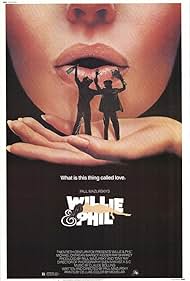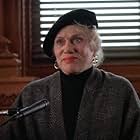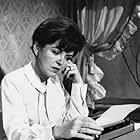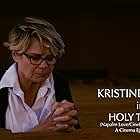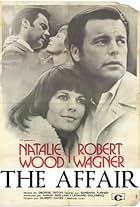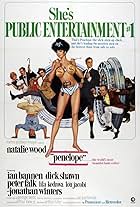How do two modern heterosexual men become acquaintances and then lifelong friends? Writer-director Paul Mazursky would love to believe they simply meet at showings of François Truffaut's "Jules et Jim"...and lives--as they say in films like this--are changed forever. Staging perhaps the first straight-guy pick-up in movies, Ray Sharkey's fashion photog begins a chat with Michael Ontkean's schoolteacher after a showing of the picture in New York, 1970--nonchalantly quick to mention he just broke up with a gorgeous woman (cue the audience: "Relax, he likes girls."). Truffaut's 1962 film, about two male friends and their carefree love for the same woman, was the filmmaker's starting point here, but Mazursky also needed a finisher. He's inspired for about three scenes. Sharkey and Ontkean squire Kentucky stranger Margot Kidder about town, but the wild abandonment of the Vietnam period seems to elude them--both the characters and the milieu are merely a writer's pretensions (this could take place in 1980 and nobody would notice a difference). Mazursky's narrator (as well as Kidder's Jeannette) echo the same sentiment: these lives are destined to be forever entwined; but that is a precious notion which doesn't convince, mainly because the three principals do not behave like working New Yorkers, nor Bohemians, nor sexually free, giddy, grown-up children. They're so blasé about each other and their decisions, there's nothing at stake when Jeannette meets Willie's Jewish family or when Jeannette tells Willie, "Let's make a baby" (she actually makes most of the decisions and the guys are tag-alongs). In the second-half, after the setting has changed from New York to Malibu, the characters have apparently gone through enormous changes, though seemingly not much hardship, and their conversations are the same but in a slicker venue. Mazursky truly wants to emulate Truffaut, but he mistakes a light, airy excursion with wafer-thin romantic connections offering nothing in the way of consequence (much less actual romance). After Jeannette announces that perhaps everyone should go their separate ways, there isn't much more to the picture. The woman has spoken, and Mazursky proves to be a tag-along, too. *1/2 from ****
